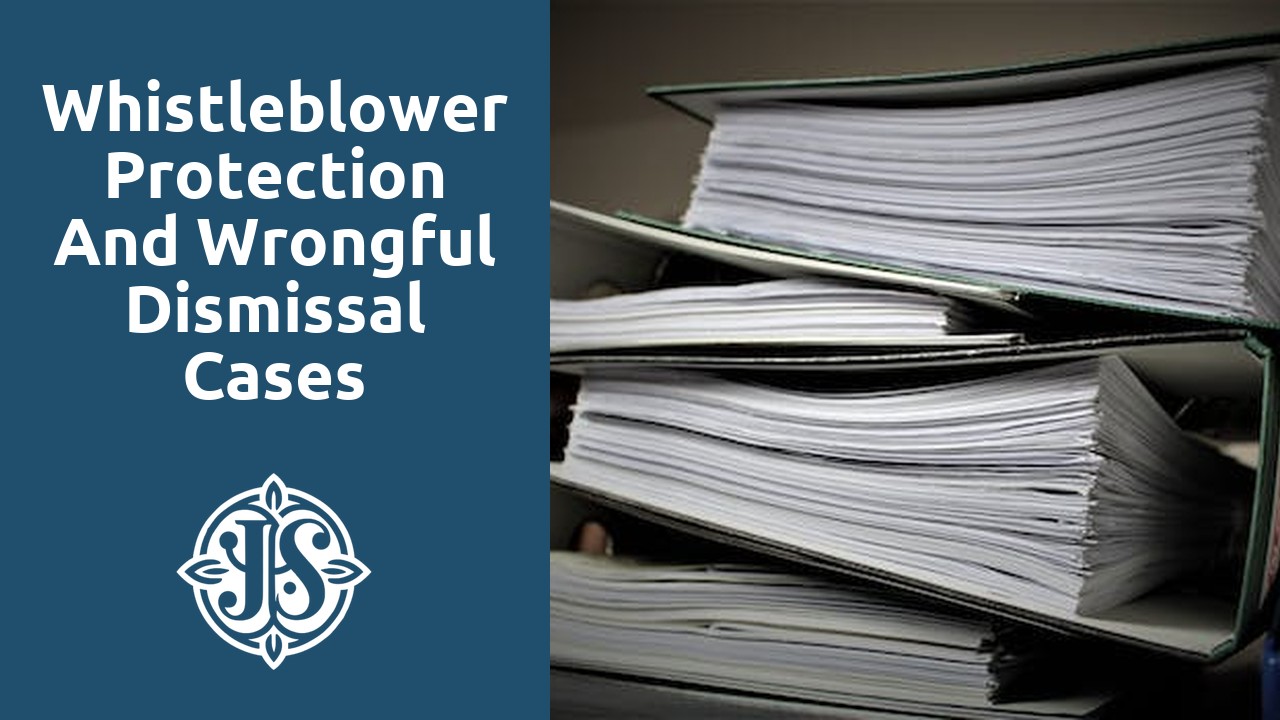Contents
- 1 Resolving Property Line Conflicts: Expert Guidance for Homeowners
- 2 Understanding Your Rights: Navigating Property Boundary Challenges
- 3 Legal Remedies for Property Ownership Disputes: A Comprehensive Guide
- 4 Protecting Your Property: Strategies for Resolving Boundary Conflicts
- 5 Unraveling the Complexity: Exploring Legal Solutions to Property Line Disputes
- 6 Know Your Options: Effective Approaches to Resolving Property Boundary Disagreements
Table Of Contents
Resolving Property Line Conflicts: Expert Guidance for Homeowners
When it comes to dealing with property line conflicts, homeowners often find themselves in a complex and stressful situation. Disputes over property boundaries can arise for various reasons, such as unclear land surveys, encroachments, or disagreements with neighbors. To successfully resolve these conflicts, it is crucial for homeowners to seek expert guidance and assistance from professionals experienced in property law.
The first step in resolving a property line conflict is to gather all relevant documents and evidence pertaining to the property in question. This includes obtaining copies of the property survey, deed, and any other documents that may shed light on the boundary dispute. Once these documents are assembled, it is advisable to consult with a knowledgeable attorney who specializes in real estate law. An attorney can provide expert guidance on the legal aspects of the dispute and help homeowners understand their rights and options moving forward. From negotiating with neighbors to filing a lawsuit if necessary, an experienced attorney can guide homeowners through the entire process and work towards a favorable resolution. Taking prompt and proactive action, with the help of legal experts, is key in resolving property line conflicts and protecting one’s property rights.
Understanding your rights as a property owner is crucial when navigating boundary challenges. These challenges can arise due to various reasons such as inaccurate surveys, encroachments, or unclear property deeds. Regardless of the complexity of the situation, it is important to have a clear understanding of your rights to protect your property interests.
When faced with a property boundary challenge, the first step is to review your property documents, including the property deed, survey records, and any other relevant legal documents. These documents will generally provide information about the exact boundaries of your property, including any easements or rights of way. Understanding these documents will help you determine the extent of your property rights and identify any potential issues.
In addition to reviewing your property documents, it is advisable to consult with a legal professional who specializes in property law. They can provide expert guidance and help you navigate through the legal complexities involved in resolving boundary challenges. They can also help you understand the applicable laws in your jurisdiction and assess whether any legal action is necessary to protect your property rights.
Legal Remedies for Property Ownership Disputes: A Comprehensive Guide
In the unfortunate event that you find yourself embroiled in a property ownership dispute, it is crucial to understand the legal remedies available to you. These remedies are designed to protect your rights as a property owner and help resolve conflicts in a fair and efficient manner. Seeking legal guidance is highly recommended during this challenging time to ensure that you navigate the complex legal landscape with confidence.
One of the main legal remedies for property ownership disputes is filing a lawsuit. This involves taking the matter to court and having a judge or jury decide on the rightful ownership of the disputed property. It is important to gather strong evidence, such as property deeds, surveys, and any relevant contracts or agreements, to support your case. Litigation can be a lengthy and expensive process, but it provides a formal and authoritative resolution to your dispute. It is advisable to consult a skilled attorney who specializes in property law to guide you through the lawsuit process and increase your chances of a favorable outcome.
Protecting Your Property: Strategies for Resolving Boundary Conflicts
Boundary conflicts can be a major source of stress and frustration for property owners. In order to protect your property and resolve these disputes, it is essential to employ effective strategies. One such strategy is to informally communicate with your neighbors. Maintaining open and honest lines of communication can often lead to a mutually beneficial resolution. By discussing the issue calmly and respectfully, you may be able to reach an agreement that satisfies both parties. It is important to remember that compromise and understanding are key elements in these discussions. Additionally, conducting a thorough survey of your property and examining the official records can provide valuable evidence to support your position. This can help you establish a strong case and protect your property rights.
Another strategy for resolving boundary conflicts is to consider hiring a professional mediator or attorney. The expertise and experience of these professionals can be instrumental in facilitating a fair and impartial resolution. A mediator can help facilitate discussion and negotiation between you and your neighbor, helping you find common ground and reach a mutually agreeable solution. If informal mediation is not successful, consulting an attorney well-versed in property law can provide you with valuable legal advice and representation. They can help you navigate the intricacies of property boundary disputes, ensure your rights are protected, and fight for your best interests. While this option may involve some costs, it can provide you with the expertise and guidance needed to effectively resolve the conflict and protect your property.
Unraveling the Complexity: Exploring Legal Solutions to Property Line Disputes
Legal disputes over property lines can be complex and challenging to navigate. When disagreements arise between neighbors or property owners, it is essential to explore legal solutions to resolve these conflicts and protect one’s property rights. Understanding the intricacies of property law and the available remedies can help property owners make informed decisions and find a resolution that is fair and legally binding.
One of the legal solutions to property line disputes is the process of boundary determination. This involves gathering evidence, such as property surveys, deeds, and historical documents, to establish the exact location of the property boundaries. Hiring a professional land surveyor or real estate attorney experienced in boundary disputes can be invaluable in this process. These experts can review the available evidence, conduct their own survey if necessary, and present the findings in court if the dispute escalates. By relying on objective evidence and expert opinions, property owners can unravel the complexity of their boundary dispute and seek a resolution based on factual information.
Know Your Options: Effective Approaches to Resolving Property Boundary Disagreements
When faced with a property boundary disagreement, it is crucial for property owners to be aware of the various options available to help them resolve the dispute. Each case is unique and may require a different approach, depending on the specific circumstances and individuals involved. It is essential to consult with legal experts who specialize in property law to gain a clear understanding of the available solutions and make well-informed decisions.
One potential approach to resolving property boundary disagreements is through negotiation and communication between the parties involved. This approach allows property owners to engage in open discussions and find a mutually agreeable solution. It is important to approach these conversations with a calm and cooperative demeanor, as showing aggression or hostility can escalate the situation further. Mediation, facilitated by a neutral third party, can also be beneficial in fostering constructive dialogue between the disputing parties. Through effective communication and negotiation, property owners may be able to reach a resolution that satisfies both parties and avoids the need for costly legal action.
Related Links
Accessibility Requirements in Canadian Property Law
Impact of Canadian Privacy Laws on Real Estate Transactions




